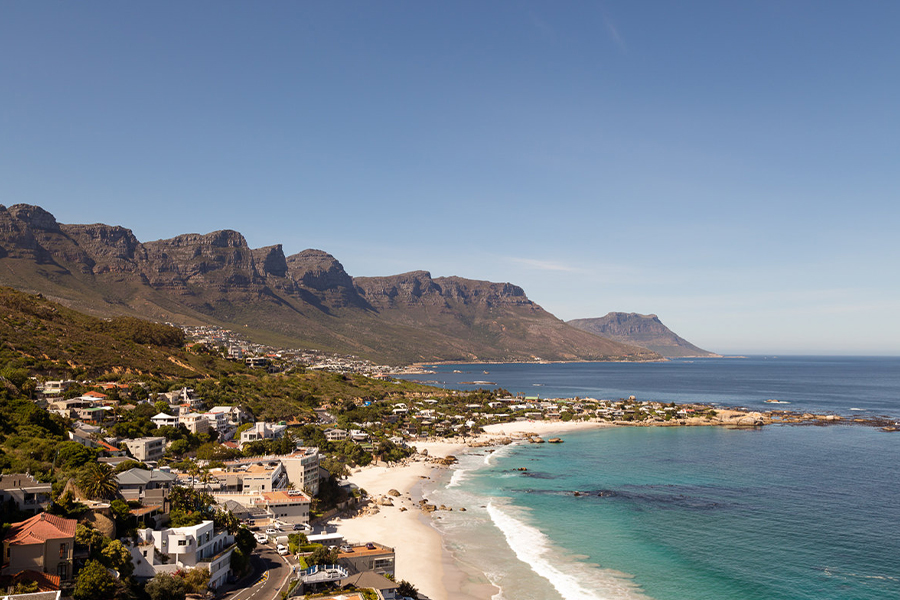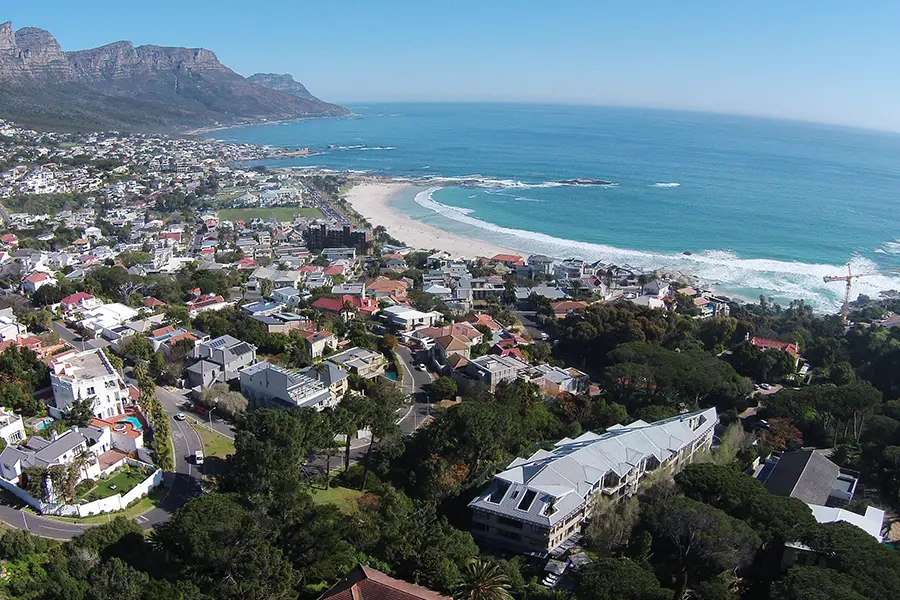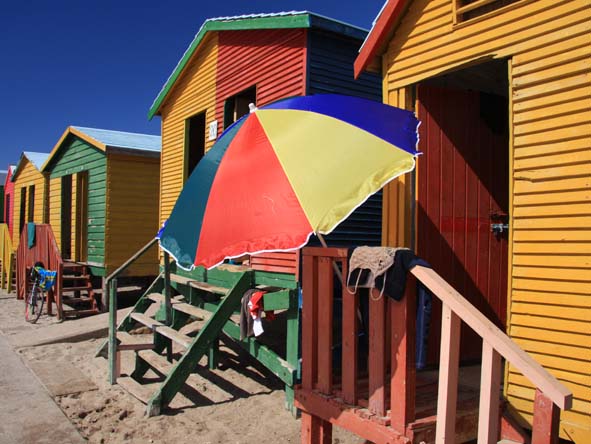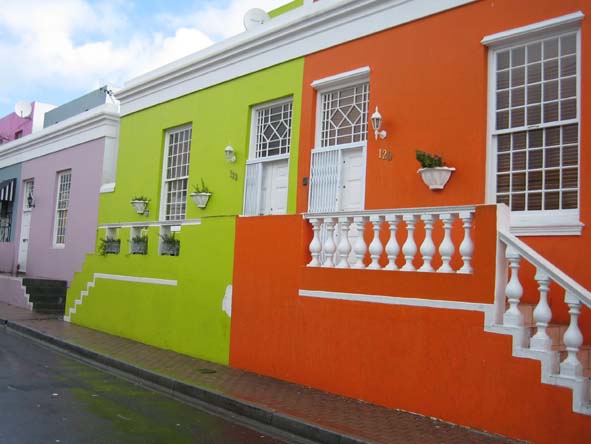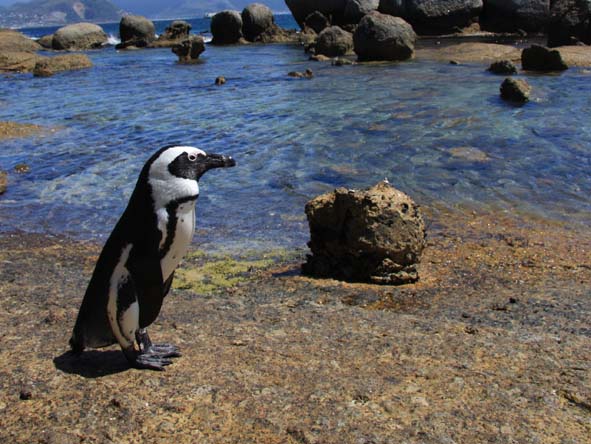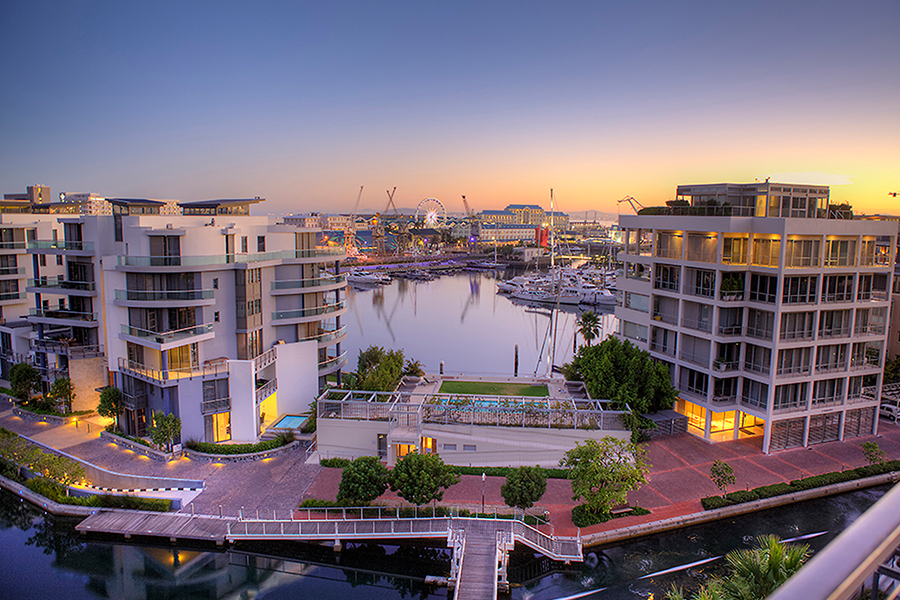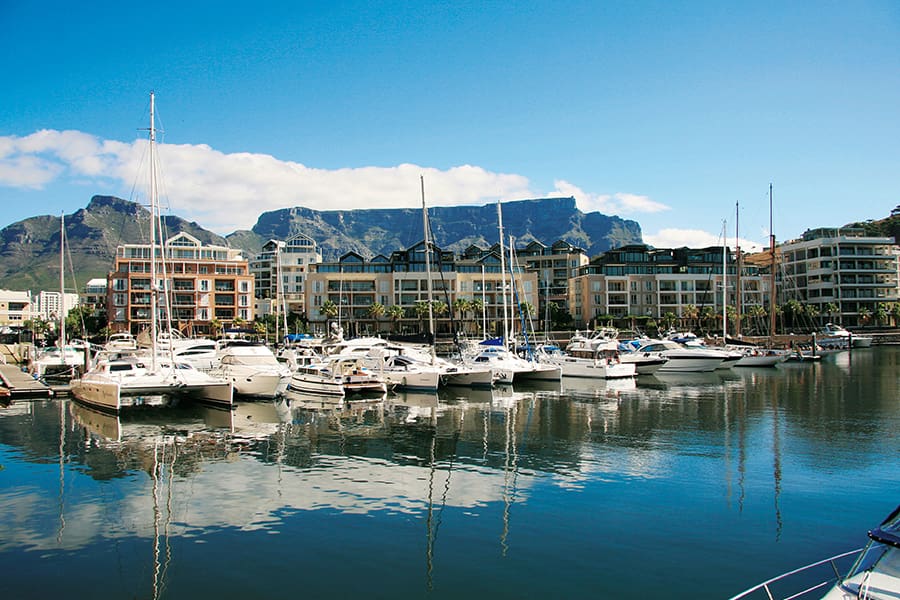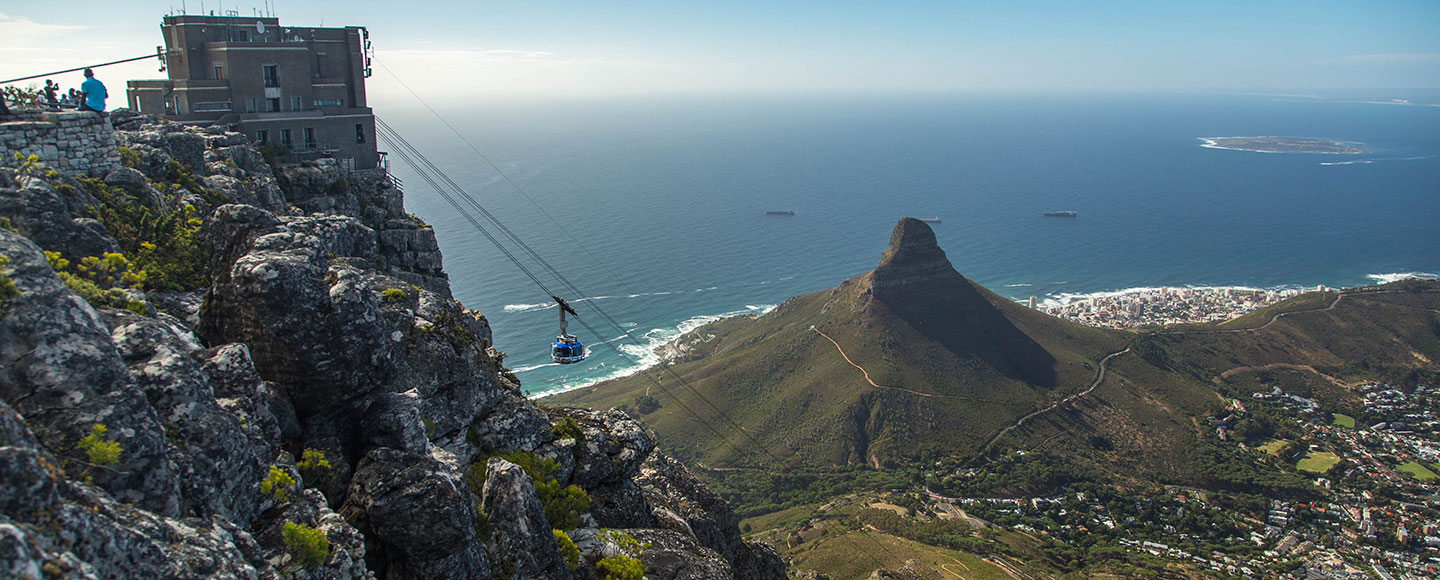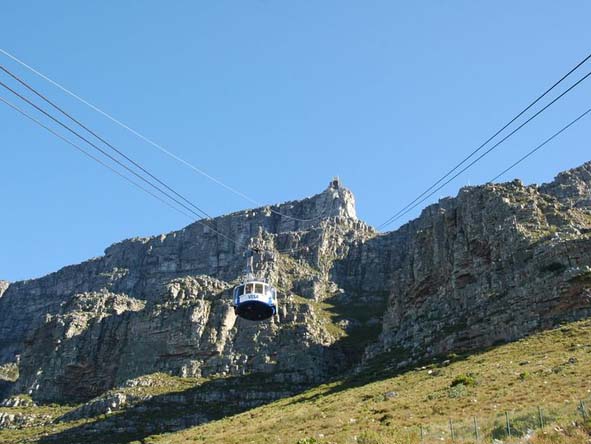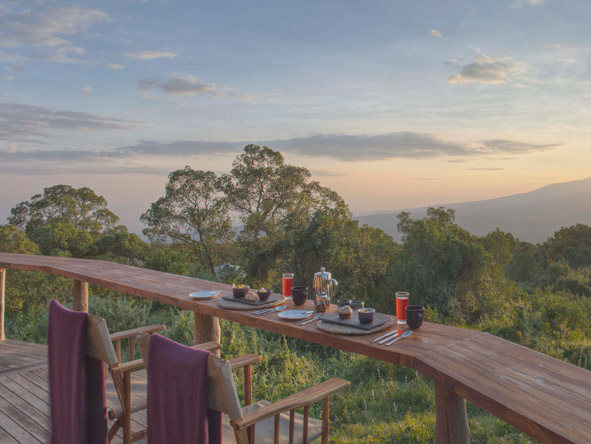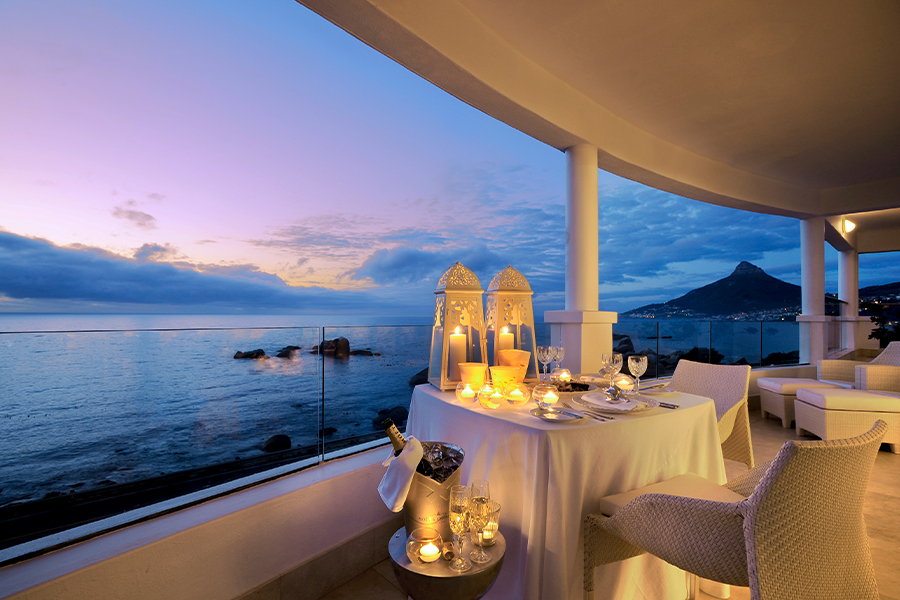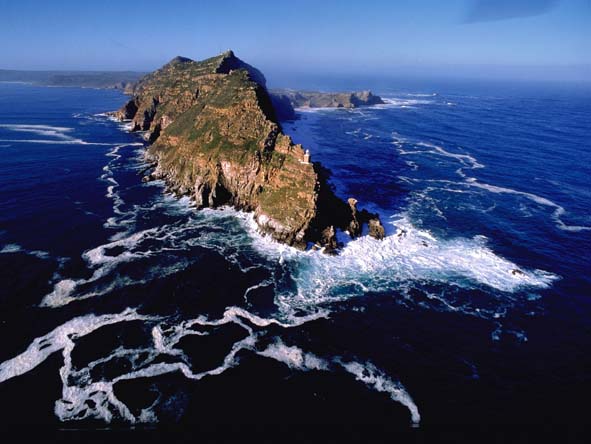Why Go to Cape Town for Holiday
Set on a rugged peninsula between the Indian and Atlantic Oceans with iconic Table Mountain as its backdrop, the city of Cape Town sits in one of the world’s most spectacular settings. But the scenery isn’t restricted to the city alone: short drives take visitors to white sandy beaches, traditional fishing villages and wild mountain ranges while must-see destinations such as Cape Point, the Cape Winelands and the whale-watching capital of Hermanus are easy day trips. With so many beautiful places to explore, you only have to visit Africa’s favourite city once and you’ll probably be planning your next Cape Town travel holiday before your tan’s had time to fade.
Cape Town will appeal to just about anyone in the mood for a holiday: romantics and honeymooners will love the exquisite accommodation and idyllic views; families with children can share a beach with inquisitive penguins; adventure lovers will relish the chance to discover the secrets of Table Mountain – one of the 7 Natural Wonders of the World! – and gourmets shouldn’t miss out on South Africa’s finest food and wine experiences, served up at an affordable price.
It’s a multi-faceted destination that deserves to be explored. Naturally, there are dozens of scheduled tours on offer but many visitors prefer to travel to Cape Town and discover this friendly and slow-paced city at their own pace: take some time to browse African craft markets in the walkably compact city centre, visit the colourful Cape Malay suburb of Bo Kaap, lounge on its best beaches and stroll around the ever-popular V&A Waterfront with its shops, restaurants and luxurious hotels.
There’s no worrying about getting the right kind of accommodation for your vacation either: our wide range of Cape Town accommodation is a hand-picked selection of stylish guest houses, romantic boutique hotels, private villas overlooking the ocean and family-friendly hotels with expansive lawns for kids to run around on.
And finally, what makes Cape Town such a great place to travel to is that it’s so easy to combine with other amazing destinations. With our selection of Cape Town holiday packages, you can hire a car and drive to the nearby Whale Coast before tacking your way down the splendidly scenic Garden Route, or fly to the Kruger Park – one of Africa’s greatest game reserves – or how about thundering Victoria Falls? Simply chat to your well-travelled Africa safari expert: they’ve tried and tested all the options and will help you put together the perfect Cape Town holiday.
Quick links to travel advice
- Deciding where to stay? Take a look at our Top Boutique Hotels & Guesthouses in Cape Town
- Our Guide to Cape Town’s Best Beaches will help you maximize your holiday sunbathing
- A Guide to Cape Town’s Best Sunset Hotspots gives you insider tips on the best places for sundowners
- Looking for accommodation right on the beach? Our Top Beach Hotels in Cape Town will put you in the perfect position
- A gourmet walking tour of Cape Town – History, Culture & Cuisine: Our Top Guided Walking Tours
What travellers most enjoyed about Cape Town

Beaches

Cultural interactions

Food and wine

Scenery

Self-drive

Sunset cruises and boating

